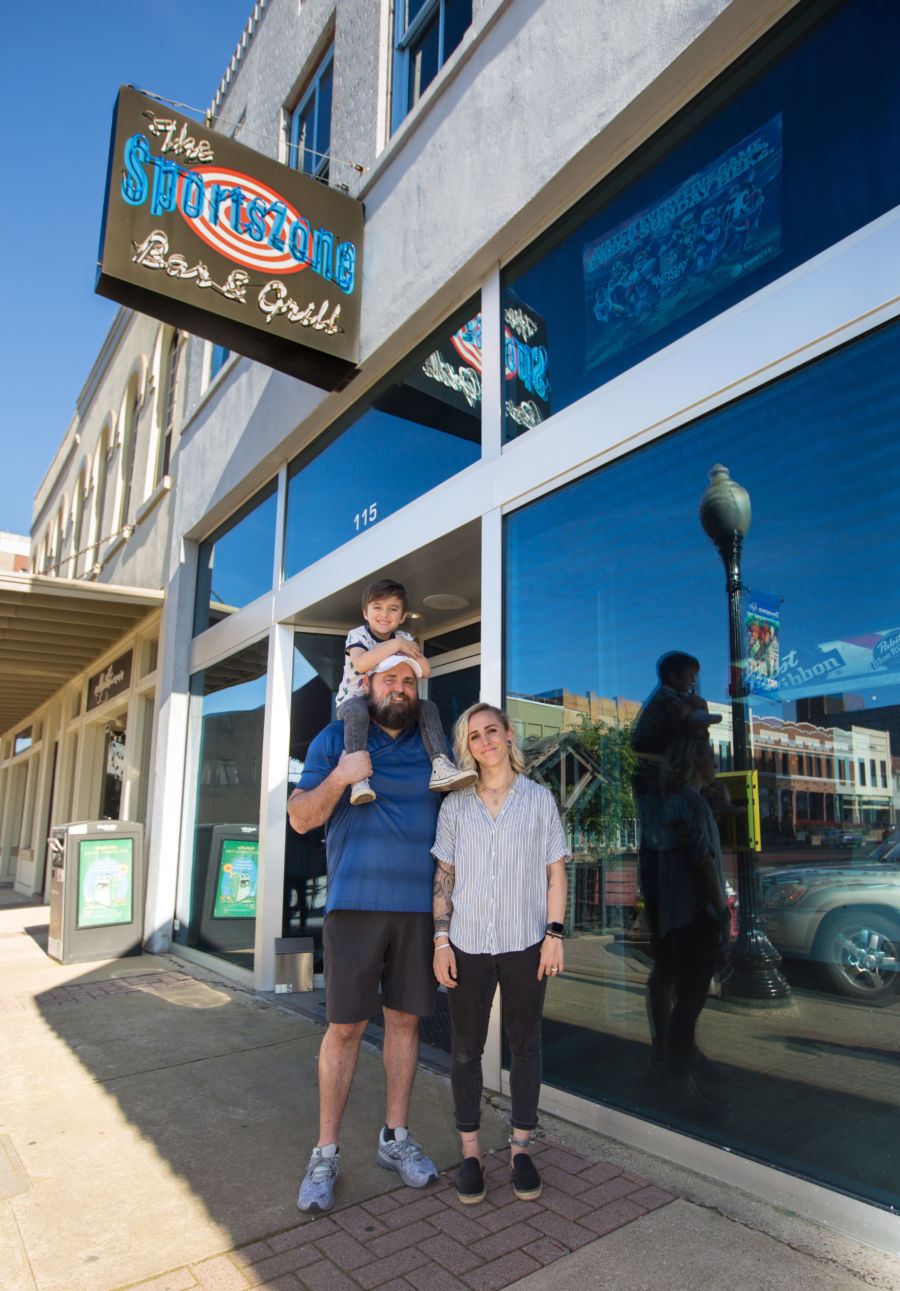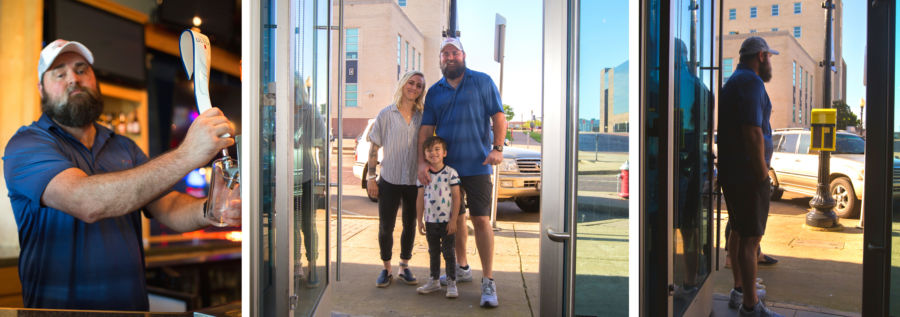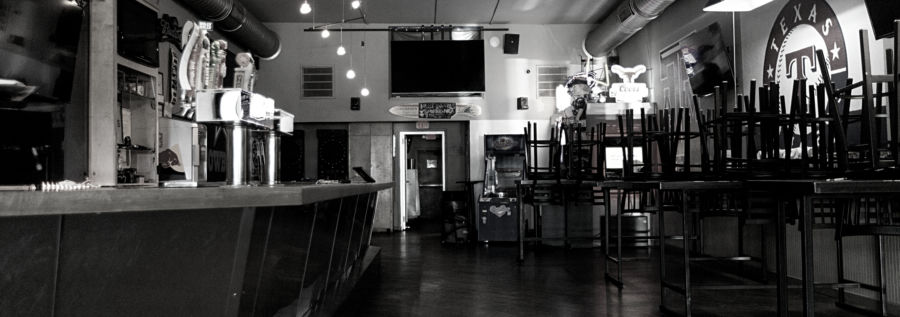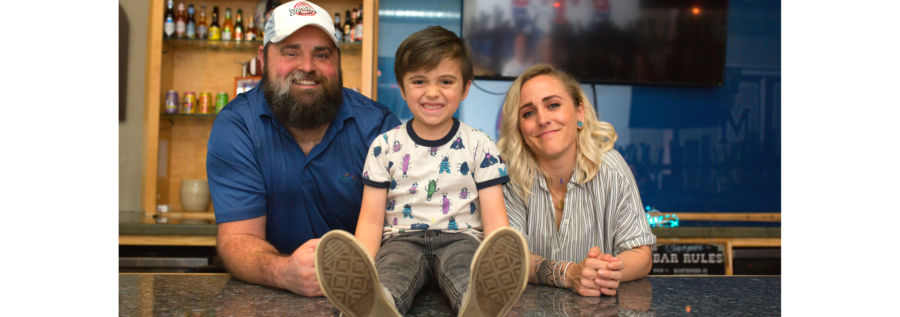Like a lot of other Americans, Josh Collins feels overlooked. When the COVID-19 pandemic hit, Josh was one of the first businesses in town to respond; he closed his small bar-and-grill when officials enacted their stay-at-home orders.
And he’s waited patiently for permission to reopen; he’s used the time to spruce up the space and even make some upgrades. But rent still comes due, as do his other bills. The federal government has put programs into place to soften the blow to the economy dealt by the coronavirus. But those programs have largely missed Josh and his business. Meanwhile, the rules put in place have added to his burden.
“We’re a small, family-owned bar/restaurant. Because we don’t meet the 51 percent food sales requirement, we can’t open May 1—while a lot of other, bigger places can. That’s not just keeping me out of work, it’s keeping all of my employees out of work,” Josh says.
What’s frustrating to me is the one-size-fits-all approach
Josh is an independent landman—an oil-and-gas industry worker who acquires mineral rights for producers. During the last oil bust, in 2015, he decided he wanted to secure his family’s income with something a little less mercurial than oil prices. He used his savings to buy Sports Zone, a small bar-and-grill on Tyler’s historic downtown square, directly facing the courthouse

And now, it’s where the lawyers and downtown office workers stop on their way home. It draws the health care professionals from the nearby hospital district. It has multiple televisions for sports, and it has a full menu with pizza, burgers and wings.
Yet because the grill doesn’t meet the 51 percent threshold, Sports Zone isn’t able to participate in to-go sales, which could have helped him keep at least some of his workers employed. Even now, he adds, he’s ready to reopen, just as soon as the authorities tell him he can.

“We’re in an old, historic building without sprinklers, so we’re already limited in occupancy by the fire marshal,” Josh explains. “We could fit 200 in here, but we’re limited to 100. So if anyone is in a position to do social distancing, it’s us. We’re ready to do this, and we can do this safely—but I can’t get anyone to listen.
What would help? A more individualized approach to reopening the Texas economy, he says.
And that’s what the Workplace Recovery Act would provide. A key component of the Act, which will soon be introduced in Congress, is business interruption insurance. That would cover up to 90 percent of a business’ losses—excluding profits—caused by the coronavirus-related shutdown. Because it would target businesses actually hurt by COVID-19 closures, the WRA would avoid some of the problems of previous efforts to save the economy.
“Every business is different, and I’m just trying to keep this one going,” Josh says. “We’re not asking for special treatment, just a more level playing field. But it can feel like businesses like ours are being overlooked.”
Photos by Sampson Dahl